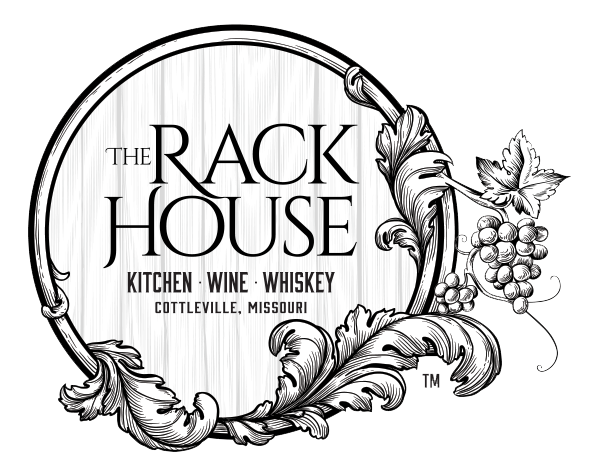Responsible for some of Washington’s most highly acclaimed wines, the Walla Walla Valley has experienced a surge in popularity in recent years and is home to both historic wineries and younger, up-and-coming producers.
The Walla Walla Valley, a Native American name meaning “many waters,” is located in southeastern Washington; part of the appellation actually extends into Oregon. Soils here are well-drained, sandy loess over Missoula Flood deposits and fractured basalt.
Of note within Walla Walla, is one new and very peculiar appellation, called the Rocks District of Milton-Freewater. This is the only AVA in the U.S. whose boundaries are totally defined by the soil type. Soils here look a bit like those in the acclaimed Rhône region of Chateauneuf-du-Pape, but are large, ancient, basalt cobblestones. These stones work in the same way as they do in Chateauneuf, absorbing and then radiating the sun’s heat up to enhance the ripening of grape clusters. The Rocks District is within the part of Walla Walla that spills over into Oregon and naturally excels in the production of Rhône varieties like Syrah, as well as the Bordeaux varieties.
Christophe Baron grew up among the vineyards and cellars of his family’s centuries-old Champagne house, Baron Albert. His sense of adventure, however, led him to become the first Frenchman to establish a winery in Washington State.
While visiting the Walla Walla Valley in 1996, Christophe spotted a plot of land that had been plowed up to reveal acres of softball-sized stones. This stony soil, this terroir, was just like that of some of the most prestigious French appellations. The difficult ground would stress the grapevines, making them produce more mature, concentrated fruit.
He named his vineyard after the Cayuse, a Native American tribe whose name was taken from the French which means, rocks. Hours of back-breaking work later, Cayuse Vineyards has become five vineyards encompassing 41 acres.
The majority is planted with Syrah, and the rest dedicated to Cabernet Franc, Cabernet Sauvignon, Grenache, Merlot, Mourvèdre, Roussanne, Tempranillo and Viognier. All of the vineyards are planted in rocky earth within the Walla Walla Valley appellation. Cayuse was the first winery in Washington State to use biodynamic farming methods.
The 2021 Edith comes from the Armada Vineyard. Stored for 10 months in a combination of stainless steel and concrete, this takes on a very soft mouthfeel with loads of mouth-watering acidity. Layers of red raspberry and cherry with white peach come together with stony minerality on the palate. You would be hard-pressed to find a more refined version of Grenache Rose anywhere in the Pacific Northwest. You can enjoy this beautiful 100% Grenache Rose now and over the next three years.
